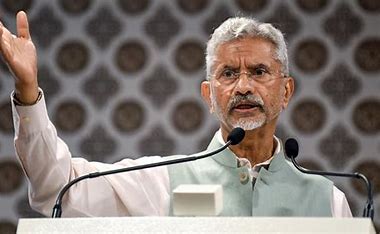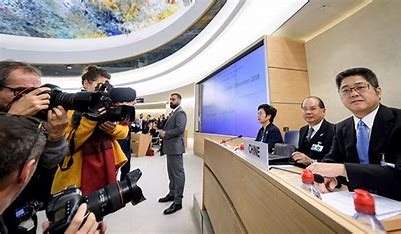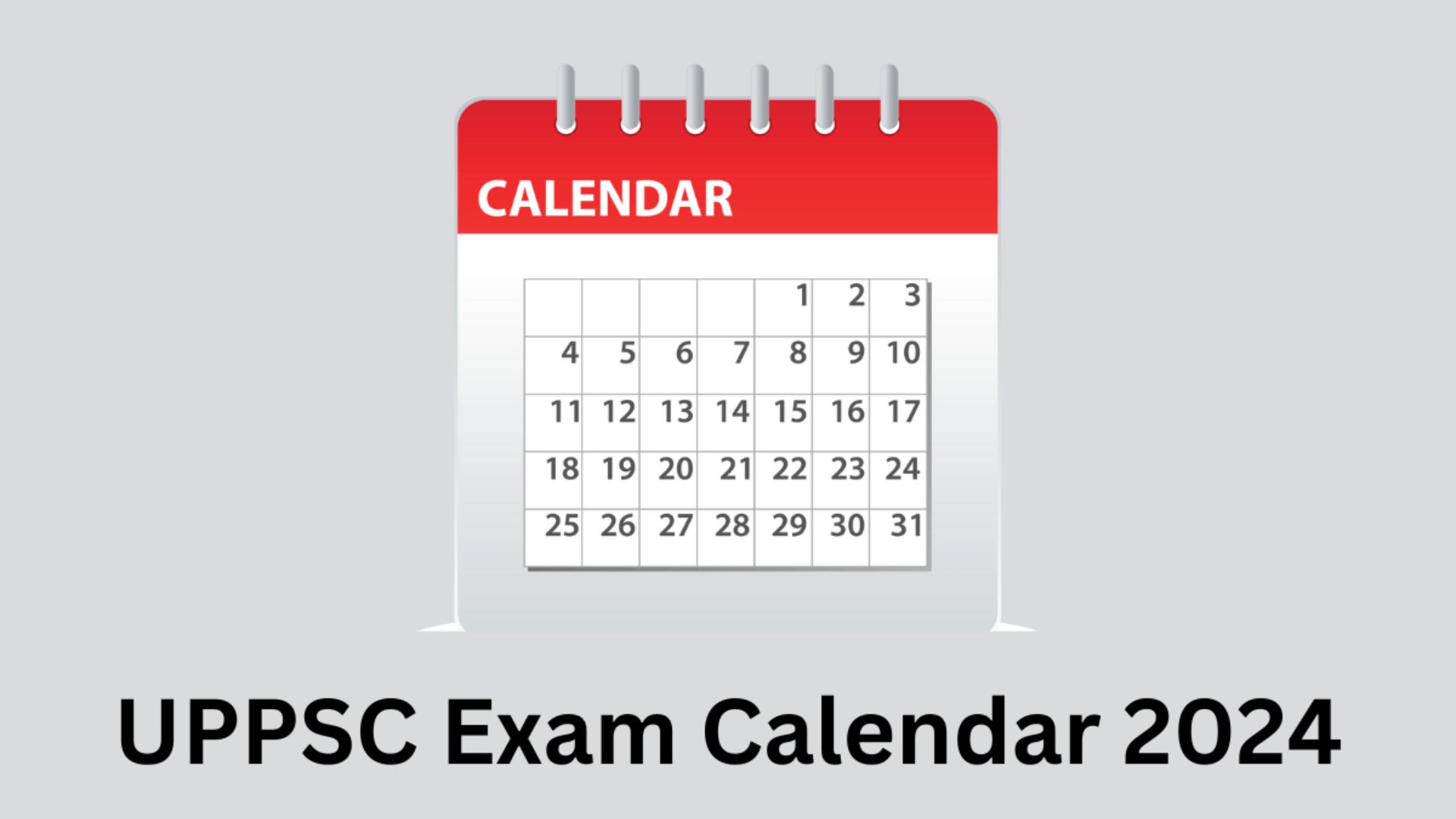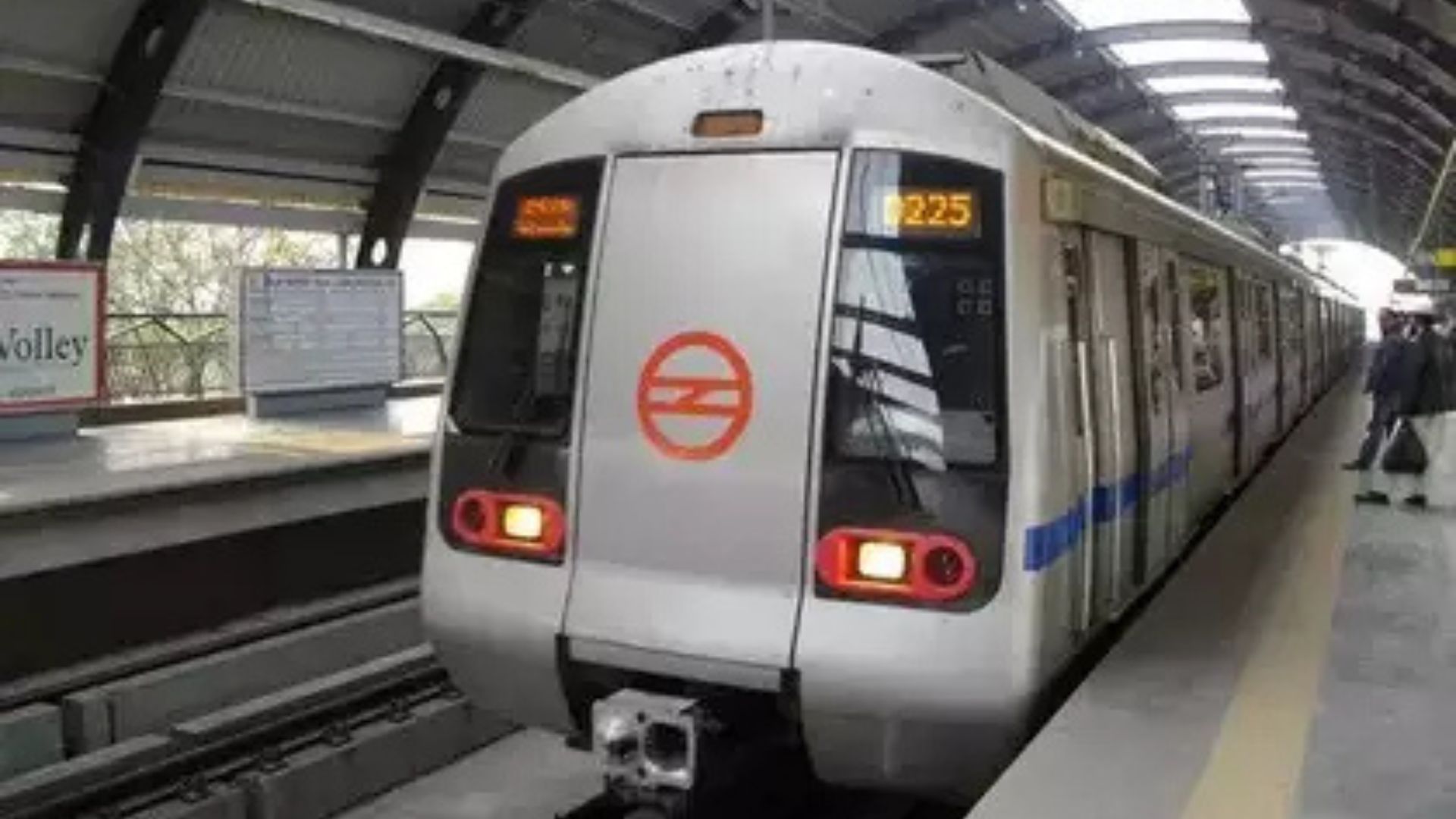
Prime Minister Narendra Modi remains popular among India’s poor owing to direct social benefit transfers that also include a pre-pandemic scheme ensuring free food grains to more than 800 million poor people.
As Prime Minister Narendra Modi has pledged to transform India into a developed economy by 2047, his finance minister Nirmala Sitharaman has asserted that New Delhi will continue to consolidate its finances and reduce the fiscal deficit while presenting the short-term budget as general elections are due in April-May this year. She displayed political confidence of her government in her 57 minute speech—shortest among all six speeches — and claimed that her government will present a full budget in July this year when it comes back to power.
An interesting amount of Rs 11.11 lakh crore ($134 billion approximately) has been estimated to be invested in the coming fiscal year as capital expenditure, a record increase of about 11 per cent, which she said would “have a large multiplier impact on growth and investment”.
Describing India as a “bright star”, with economic growth this year estimated at 7 per cent, the finance minister said, “This is the first budget in Amrit Kall – a Sanskrit phrase that literary means ‘time of nectar’ but prime minister Modi coined a different proverbial meaning – time of unparalleled opportunities.
On interesting side, the interim budget reflected no sign of any depression in growth trajectory, even the economy seems unfazed by Russia-Ukrain war or Middle east crisis. And that the finance minister clarified that once the ongoing plans comes to fruition this year, the government would be able to prune the fiscal deficit to 5.1 percent of GDP (Gross Domestic Production) in the coming year from 5.8 per cent at present. It would further be curtailed to less than 4.5 percent of GDP by 2025-26.
Even though the government has yet to wait for global headline inflation to cool down, the Indian finance minister said his government would spruce up Indian railways, airports and other infrastructure to a record level and touted the economic achievements. On macro-economic indicators the government, according to her speech, seems comfortable as current account deficit is at safer side, also the currency is stable despite persistent fall since 2014. It is expected the headline inflation – fuelled by high food process, would be arrested in the next few quarters.
The finance minister claimed in her speech that Indian economy has ascended from the world’s tenth to its fifth due to her government’s untiring efforts since 2014 and that these efforts have ensured a better quality of life and dignity for all citizens, while noting that per capita income has more than doubled during Modi’s decade in office. However, the interim budget does not give any clue as to how the government would go along with interest rate cycles with those of global rates and inflation, which already have peaked. European nations and the US are grappling with high confidence.
The headline inflation and high food inflation have put more strain on already overheating economic scenario. As a result despite the lucrative budgetary announcements, coming monetary policy is unlikely to become growth supportive until next first half of the next fiscal year as far as rate cuts are concerned.
However, expectations are wide that the Modi-led NDA government is likely to win a third five-year term in office comfortably. On the other hand, the main Opposition Congress and its alliance of opposition parties will scoop out some ‘faulty economic policy and records’, and would look around to make scathing attacks on the NDA government; the prime one may be its failure to create enough jobs to absorb upcoming workforce despite India is the world’s fastest growing economy.
So, does this interim budget answer the major question – if Modi-led NDA government would present its full budget in July this year?
The answer lies in political confidence displayed in the finance minister’s speech; Modi remains popular among India’s poor owing to direct social benefit transfers that also include a pre-pandemic scheme ensuring free food grains to more than 800 million poor people.
Also, the government purposely skipped making new handouts, neither doled out largesse nor made any change in direct or indirect taxes.
This would imply fiscal rectitude in an election year. To be sure, the final budget will be presented after the elections, provided the government manages to bring the headline inflation under control, solely due to high food inflation which can be worrisome as the underperformance of the agriculture and rural economy urgently need supply side measures and fall in domain of fiscal policy.
Interestingly, the interim budget has indicated that the fiscal policy of the government has gradually transitioned from a focus on welfare towards a public investment-driven growth strategy to accelerate a build-up in infrastructure.
But extrapolating the current government’s past fiscal conservatism, fiscal numbers in this short term budget can be considered as final; fortified with political confidence, assuming that the government remains in power.















